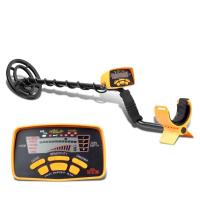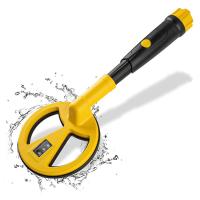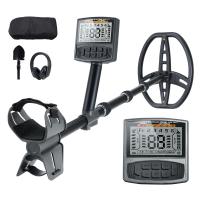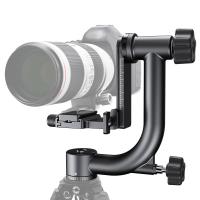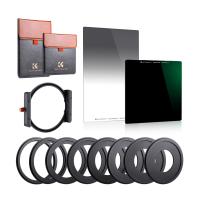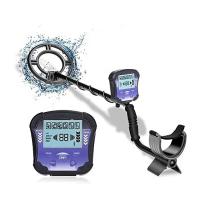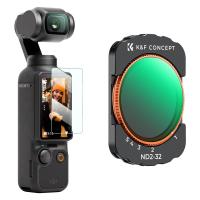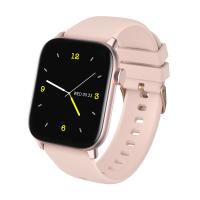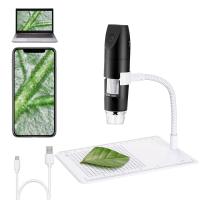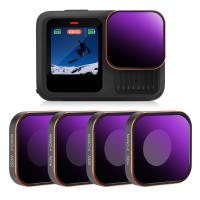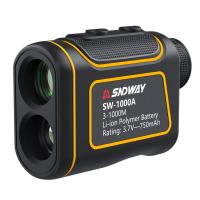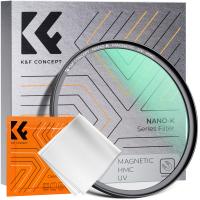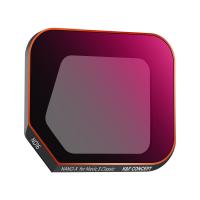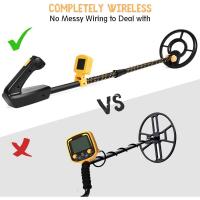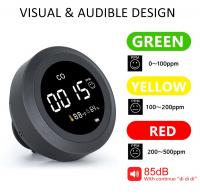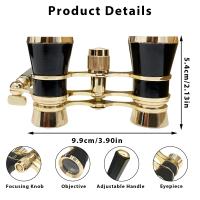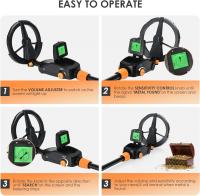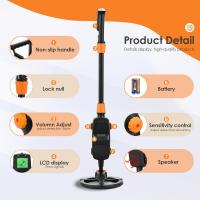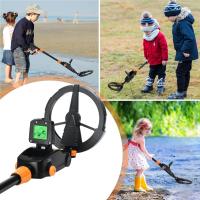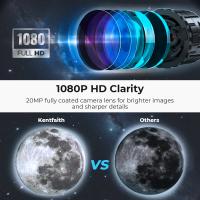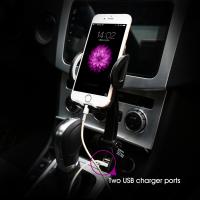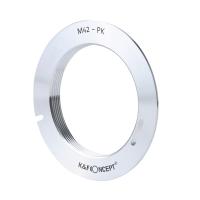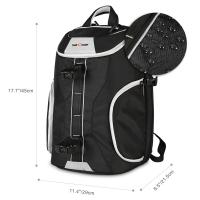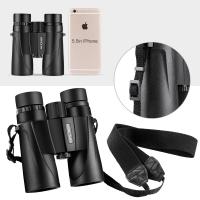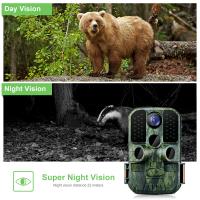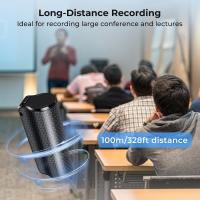What Are Good Metal Detectors?
When it comes to purchasing a metal detector, a wide array of choices can be both exciting and overwhelming. Whether you’re a complete novice gearing up for your first treasure-hunting adventure or a seasoned professional in search of advanced technology, understanding what makes a metal detector “good” is crucial. This article will help you identify the essential features and factors to consider when choosing the best metal detector for your needs.
Understanding Metal Detectors
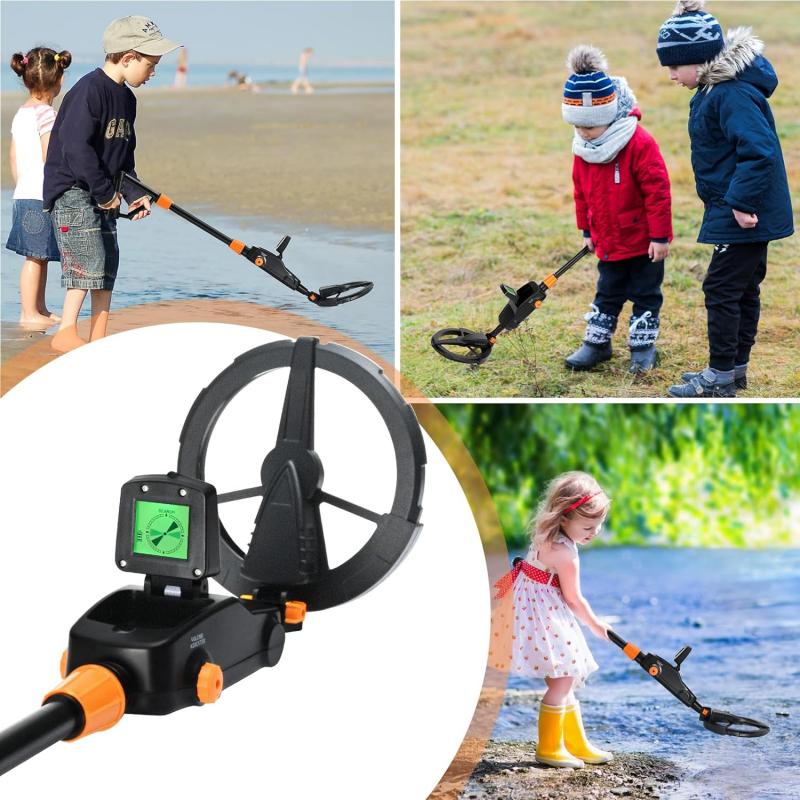
Metal detectors are versatile devices designed to locate metallic objects buried underground, underwater, or hidden within non-metallic materials. They are commonly used for a variety of purposes, such as recreational treasure hunting, archaeological exploration, security inspections, and even underwater searches. While all metal detectors operate on the principle of electromagnetic field detection, their features, specializations, and price points vary based on the intended use.
To identify the best metal detector for you, it’s essential to evaluate your specific purpose, environment, and level of expertise. Areas such as accuracy, depth capacity, discrimination features, and ease of use will largely determine your ideal choice.
---
Features to Look for in a Good Metal Detector
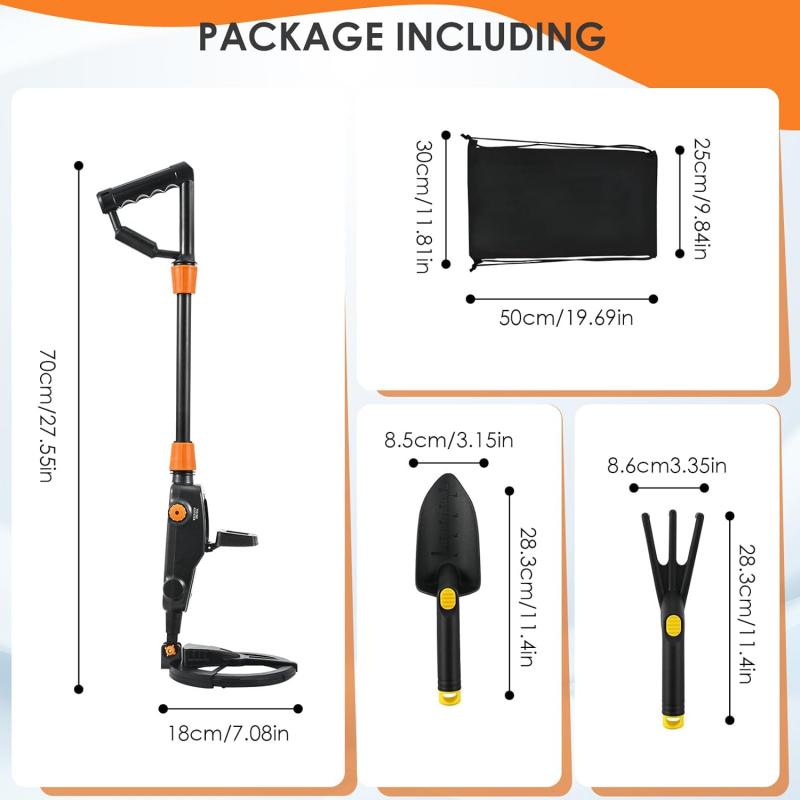
1. Discrimination Capabilities
Discrimination is the ability of a metal detector to differentiate between types of metals. For example, it can help you distinguish between valuable metals like gold and non-valuable metals like aluminum or iron. A good metal detector should allow you to adjust discrimination settings, so you can focus on detecting specific types of metals while filtering out trash or unwanted materials.
2. Depth Detection
How deep a metal detector can detect objects is a critical factor, especially for treasure hunters. Depth capacity varies depending on the detector’s frequency and coil size. Low-frequency detectors often reach greater depths but are less sensitive to small objects, while high-frequency detectors excel at detecting shallow, small metallic items. Be sure to choose a detector capable of accessing the depth you’ll need in your preferred environment.
3. Ground Balance
Ground balance adjusts the detector to work in different soil conditions, minimizing interference caused by mineralized soils or saltwater. This feature is especially useful for detecting metals in beaches, deserts, or rocky areas. A detector with automatic or manual ground balance is generally more versatile.
4. Ease of Use
If you’re a beginner, a complex metal detector may feel intimidating. Many models are designed for ease of use, featuring pre-set modes, user-friendly interfaces, and all-in-one packages. Advanced users may prefer detectors with customizable settings, offering greater control over the detection process.
5. Type of Search Coil
Search coils come in various shapes and sizes, each suited to different tasks:
- Concentric Coils provide better target identification for beginners.
- Double-D Coils offer better ground coverage and depth, excellent for mineralized soils.
- Smaller Coils excel in distinguishing multiple targets in trash-laden environments.
- Larger Coils allow for wider coverage and deeper detection, ideal for open fields.
6. Waterproofing
If you’re planning to detect near beaches, rivers, or underwater, waterproof detectors or at least waterproof coils are a must-have. Fully submersible metal detectors enable you to explore greater depths or shallows of water bodies.
7. Pinpointing Feature
Many detectors come with a built-in pinpointing mode, making it easier to locate a detected item’s exact position. This saves digging time and prevents unnecessary damage to the surrounding ground.
8. Operating Frequency
The operating frequency of the metal detector determines its sensitivity to different objects. Multi-frequency detectors, which allow you to switch between frequencies or use multiple frequencies simultaneously, are ideal for diverse applications, increasing versatility.
9. Portability and Weight
Metal detecting often requires long periods of outdoor exploration, so portability and weight are key considerations. Lightweight metal detectors with ergonomic designs are comfortable for extended use and are less likely to cause fatigue.
10. Budget
A good metal detector for one person may not be the same for another due to budget constraints. Entry-level models designed for hobbyists start at around $100-$300, while advanced models for professionals can exceed $1,000.
---
Popular Recommendations for Good Metal Detectors
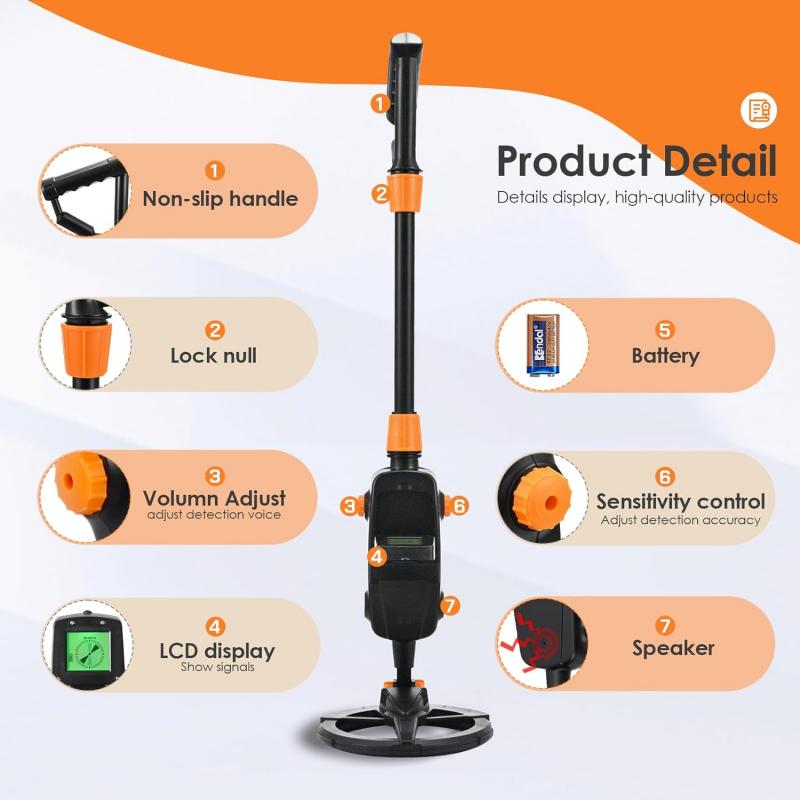
Here’s a breakdown of some highly rated metal detectors divided into different categories based on features and target audiences.
For Beginners
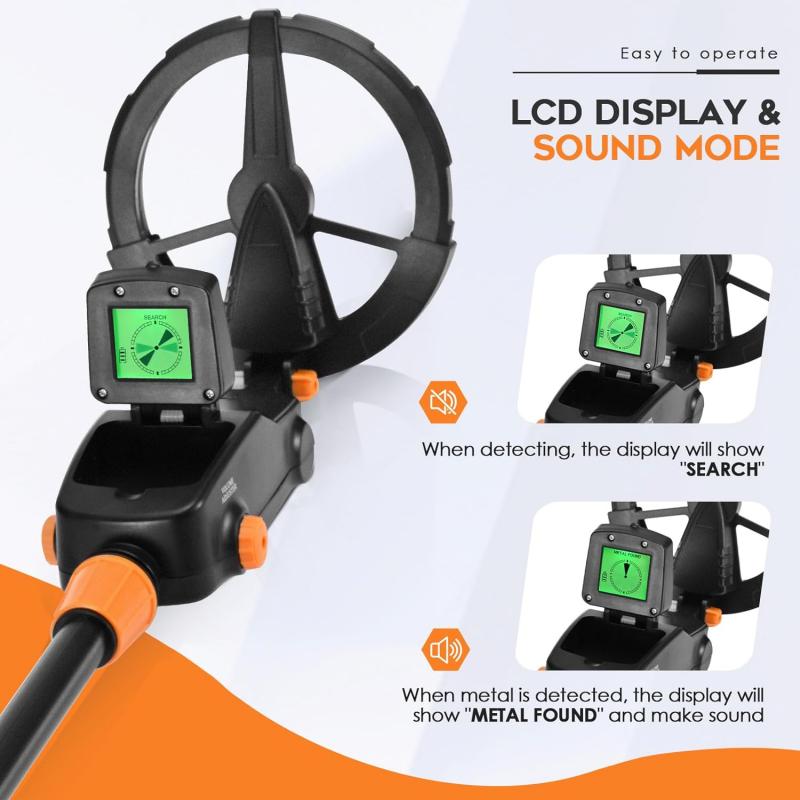
- Garrett ACE 300
The Garrett ACE 300 is a beginner-friendly metal detector known for its ease of use, reliable performance, and affordability. It has a solid depth range, pre-set discrimination modes, and a pinpointing feature, ideal for new treasure hunters.
- Fisher F22
The Fisher F22 is another excellent choice for beginners, offering lightweight operation, weatherproofing, and effective discrimination. It’s perfect for park use and light beach exploration.
For Advanced Users
- Minelab Equinox 800
Loved by professionals, the Minelab Equinox 800 has superior multi-frequency technology, excellent depth capacity, and customizable settings. It’s fully waterproof, making it ideal for a wide range of environments, from fields to beaches.
- Garrett AT Pro
With impressive ground balance and high sensitivity, the Garrett AT Pro is highly versatile and designed for both land and water searches. Its adjustable settings make it suitable for advanced detectorists who want full control.
For Specialty Users
- XP Deus
The XP Deus is a top-tier metal detector known for its wireless design, lightweight build, and powerful performance. Its advanced features make it a favorite among professional treasure hunters and detectorists in challenging terrains.
- Fisher Gold Bug 2
The Fisher Gold Bug 2 is specifically designed for prospecting gold nuggets. Its high-frequency operation ensures exceptional sensitivity to small targets, making it a go-to option for gold hunters.
For Underwater Use
- Nokta Makro Simplex+
The Nokta Makro Simplex+ is a budget-friendly, fully waterproof metal detector that doesn’t compromise on features. It’s a fantastic choice for beginners and intermediate users interested in underwater exploration.
- Garrett Sea Hunter Mark II
This detector specializes in underwater treasure hunting and remains a popular choice for divers. Its high durability and pulse induction technology make it effective even in saltwater conditions.
---
Tips for Getting the Most Out of Your Metal Detector
1. Practice in Your Backyard
If you’re new to metal detecting, practice in an area like your backyard before heading out to more challenging terrains. This will help you learn the basic functionality of your device.
2. Research Your Treasure Hunting Location
Knowing where to search is half the battle. Research areas with historical significance, public parks, and beaches known for yielding interesting finds.
3. Use Headphones
Many metal detectors have the option to connect headphones, which can help you better hear the audio signals and discriminate between tones.
4. Maintain Your Detector
Keep your equipment clean and check its components regularly. Proper care ensures longevity and optimal performance.
5. Dig Responsibly
Always fill in your holes after digging and follow local laws and etiquette for metal detecting to preserve the environment.
---
Finding the best metal detector depends on your specific needs, level of expertise, and budget. Beginners may gravitate toward user-friendly and affordable models like the Garrett ACE 300, while advanced users might require high-performance detectors like the Minelab Equinox 800 or XP Deus. For those with specialty interests, niche models tailored for underwater searches or gold prospecting may be the best investment. Ultimately, understanding the key features that a “good” detector should have—such as discrimination, depth detection, and ground balance—can make the selection process seamless and rewarding.
By pairing research with a clear sense of your treasure-hunting goals, owning a metal detector can be an exciting gateway to uncovering hidden treasures and enjoying time spent outdoors. Happy hunting!

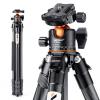
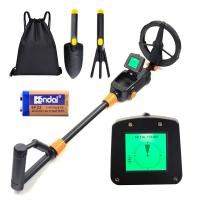
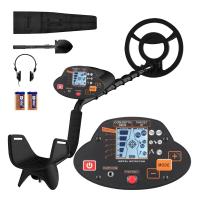
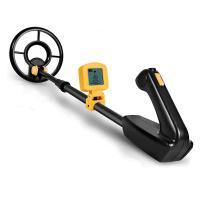
![Carbon Monoxide Detectors Portable Temperature Detector/Humidity Sensor/Air Quality Meter Smoke CO Gas Monitor [3 in 1] Alarm for Home Bedroom Office in-car Camping Indoor Outdoor Carbon Monoxide Detectors Portable Temperature Detector/Humidity Sensor/Air Quality Meter Smoke CO Gas Monitor [3 in 1] Alarm for Home Bedroom Office in-car Camping Indoor Outdoor](https://img.kentfaith.com/cache/catalog/products/us/GW40.0007/GW40.0007-1-200x200.jpg)
